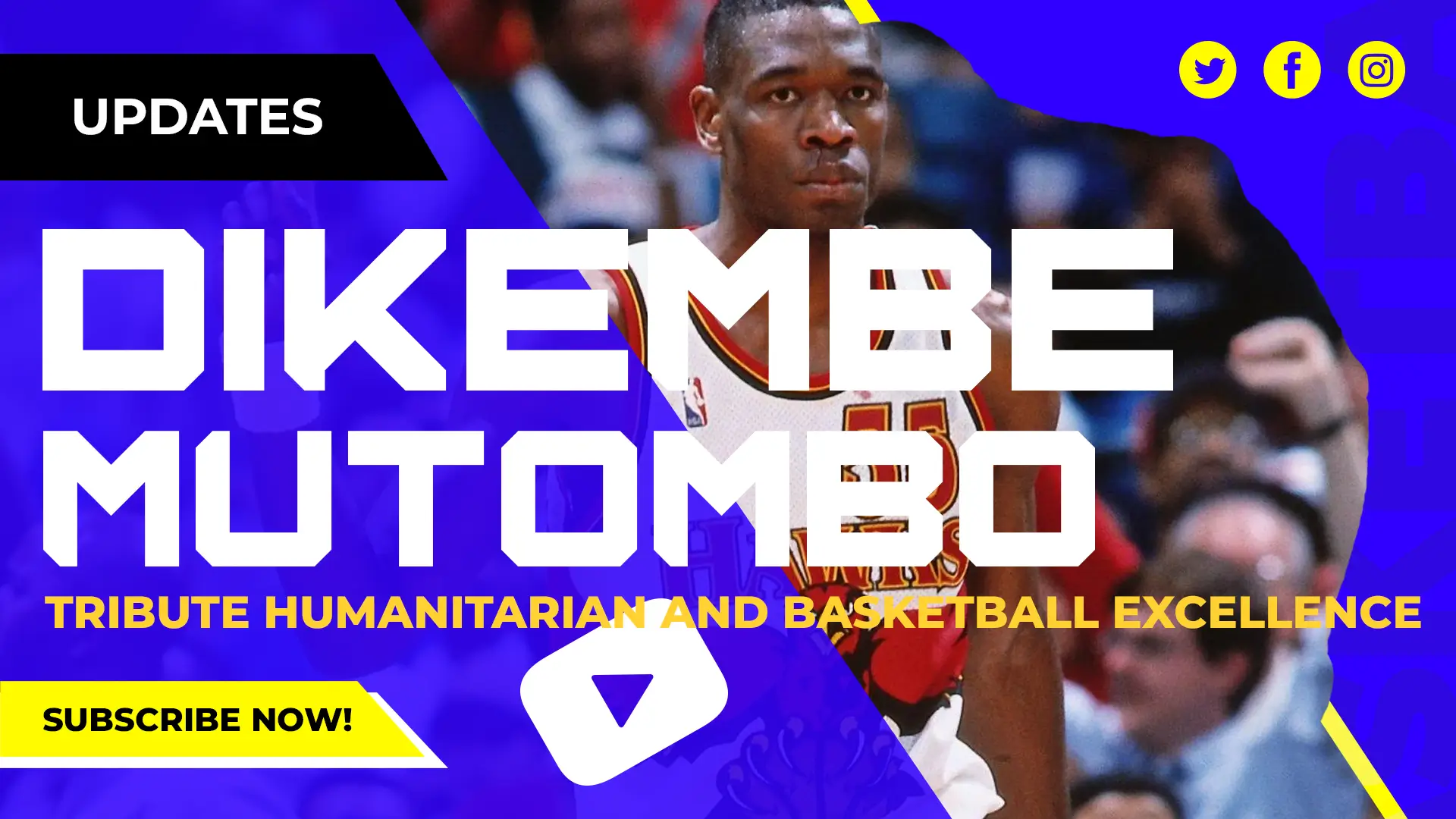The FIBA World Ranking 2024 is a meticulously calculated barometer of a nation’s basketball prowess. This system determines seeding, prestige, and global perception. Unravel the factors influencing these rankings and discover the basketball superpowers dominating the international stage.
Table of Contents
How the FIBA World Ranking Works
The FIBA World Ranking is a complex system that rewards winning and punishes losses. Victories against tough opponents earn more points than defeating weaker teams. The margin of victory matters too – blowouts yield bigger rewards. Major tournaments like the Olympics and FIBA World Cup carry more weight than friendlies or qualifiers. And home-court advantage? It counts.
Why the Ranking Matters
A high FIBA ranking is a basketball nation’s golden ticket. It unlocks favorable matchups in major tournaments, boosting a team’s chances of reaching the podium. Automatic qualification for prestigious events is another perk. A top spot enhances a country’s basketball reputation, attracting talent and sponsorships.
Factors Influencing a Team’s Ranking
Several elements shape a team’s ranking journey. Developing young talent and retaining star players is crucial. A skilled coaching staff and strong team chemistry can work wonders. Unfortunately, injuries to key players can derail a team’s climb.
Paris 2024 Men’s Olympic Basketball: Power Rankings
The 2024 Paris Olympics promises intense competition in men’s basketball. The United States boasts a star-studded roster, but teams like Spain, France, Serbia, and Canada are formidable challengers. With a blend of NBA superstars and international veterans, the tournament is shaping up to be a thrilling showcase of basketball talent.
| Rank | Country | Star Player(s) | Team Strengths | Recent Performance |
|---|---|---|---|---|
| 1 | United States | LeBron James, Steph Curry, Kevin Durant | Unmatched star power, depth, athleticism | Dominance in recent exhibition games |
| 2 | Spain | Rudy Fernandez, Lorenzo Brown, Willy Hernangomez | Experienced core, versatility, strong international tradition | Recent struggles but still a force |
| 3 | France | Victor Wembanyama, Rudy Gobert, Evan Fournier | Home-court advantage, defensive prowess, rising star potential | Improved performance after FIBA World Cup |
| 4 | Serbia | Nikola Jokic, Bogdan Bogdanovic, Vasilije Micic | Skillful playmakers, experienced frontcourt, strong international pedigree | Consistent contender |
| 5 | Canada | Shai Gilgeous-Alexander, Jamal Murray, RJ Barrett | Athleticism, scoring ability, young talent | Rising power in international basketball |
| 6 | Australia | Patty Mills, Joe Ingles, Josh Giddey | Veteran leadership, shooting ability, athleticism | A consistent performer on the international stage |
| 7 | Greece | Giannis Antetokounmpo, Nick Calathes, Georgios Papagiannis | Superstar talent, experienced guard play, strong defensive presence | Recent Olympic Qualifier champions |
| 8 | Germany | Dennis Schröder, Franz Wagner, Daniel Theis | Strong shooting, team cohesion, defensive intensity | FIBA World Cup Champions |
| 9 | Brazil | Yago Mateus, Vitor Benite, Bruno Caboclo | Athleticism, team chemistry, improved international standing | Olympic Qualifier champions |
| 10 | Puerto Rico | Jose Alvarado, Tremont Waters, Isaiah Piñeiro | Uptempo style, athletic guards, recent tournament success | Surprising Olympic Qualifier champions |
| 11 | Japan | Yuta Watanabe, Rui Hachimura, Josh Hawkinson | Rising program, NBA talent, home-court advantage for the next Olympics | Steady improvement |
| 12 | South Sudan | Carlik Jones, Wenyen Gabriel, Nuni Omot | Speed, athleticism, underdog mentality | Historic Olympic qualification |
Conclusion
The FIBA World Ranking is more than just numbers; it’s a reflection of a nation’s basketball prowess. Understanding how it works provides valuable insights into the fierce competition on the international stage. As the ranking evolves, we’ll witness the rise of new contenders and the ongoing battles for basketball supremacy.
Join Our Basketball Community
Stay updated on the latest basketball news, player updates, and FIBA World Ranking shifts. Follow us on social media for daily insights and engaging discussions. Visit our store for exclusive merchandise. Let’s share our passion for the game together!
Frequently Asked Questions
How often are FIBA World Rankings updated?
FIBA World Rankings are updated regularly, typically after major international tournaments and qualifying windows. This ensures the rankings reflect the most recent performance of national teams.
What impact do friendly matches have on FIBA World Rankings?
Friendly matches generally have a smaller impact on FIBA World Rankings compared to official FIBA tournaments. While they can still influence a team’s ranking, their weight is lower.
Can a team quickly climb the FIBA World Rankings?
Yes, a team can rapidly ascend the FIBA World Rankings with impressive performances in major tournaments. Winning against higher-ranked opponents and securing tournament victories can significantly boost a team’s position.
How do upsets affect FIBA World Rankings?
Upsets can dramatically change the FIBA World Rankings. A lower-ranked team defeating a top-tier nation can cause a significant shift in the rankings, reflecting the surprising outcome.
Is there a maximum ranking a team can achieve?
There’s no official maximum ranking in the FIBA World Ranking system. Theoretically, a team could continuously climb the rankings with consistent dominant performances. However, maintaining a top position requires sustained excellence.















